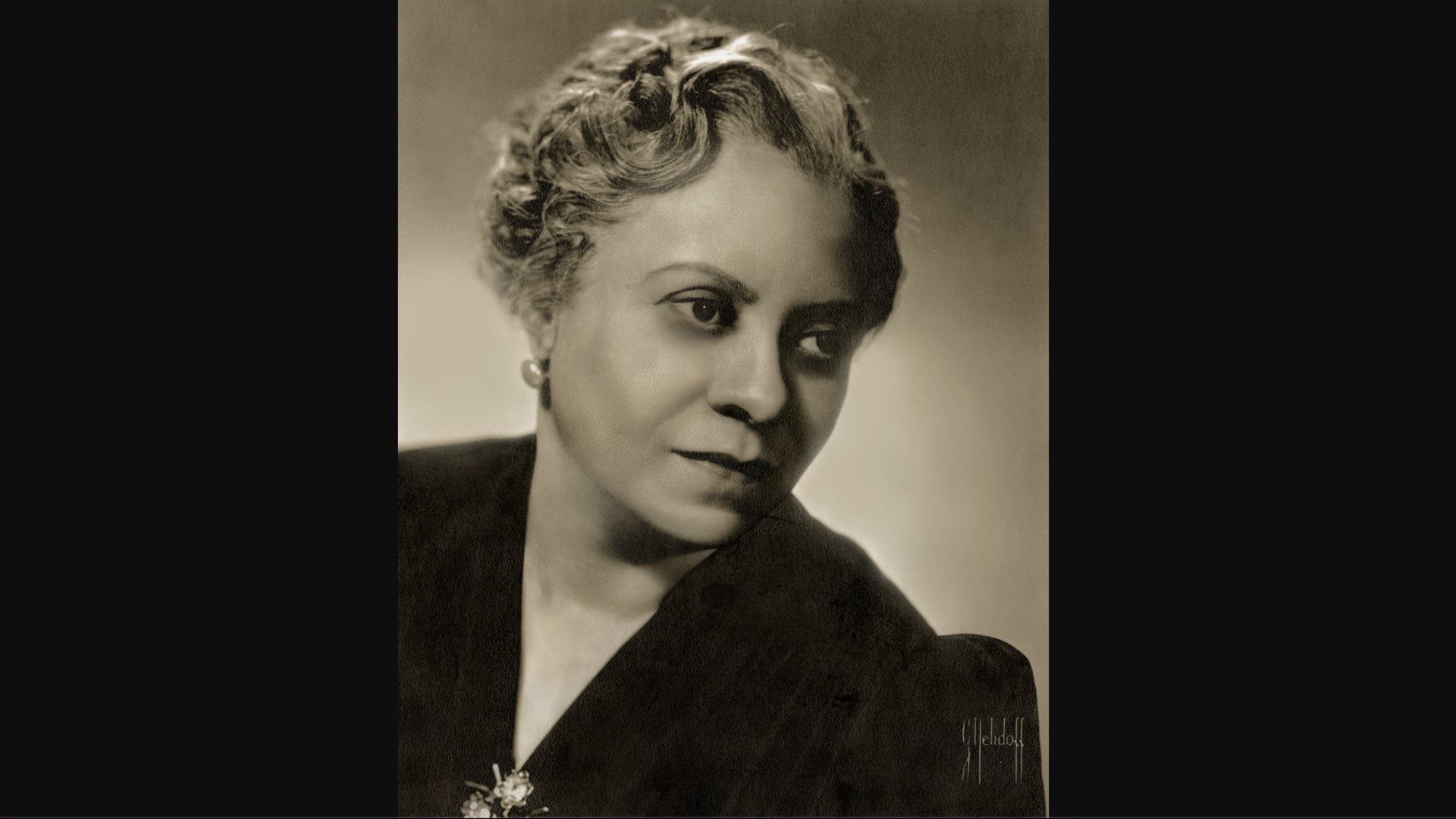
There is a rich history of African American participation in classical music
By Fredara Mareva Hadley
In recent years, society has begun to pay more attention to the work of Black composers. The foundational work of scholar Rae Linda Brown paved the way for the recovery and recognition of composer Florence Price (1887-1953). The renewed interest in the work of Price is a rising tide that has lifted the profile of other Black composers including Margaret Bonds, who studied in Juilliard’s Extension Division; Julius Eastman; Shirley Graham DuBois; and others. In the same moment, contemporary Black composers such as Courtney Bryan, Jessie Montgomery (BM ’03, violin), and Tyshawn Sorey continue to win prestigious prizes and receive noteworthy commissions. The contributions of present-day Black composers continue the legacy of those who embraced classical music as an evocative means to contemplate their own musical ideas and connect with both Black communities and audiences beyond.
Yet, neither the Black composers of the past nor the present are anomalies. There is a long and rich history of African American participation in classical music as composers, musicians, singers, and patrons. Even before the end of slavery in 1865, some of the most prized enslaved people were those who were violinists and musicians. Thomas Wiggins was a prolific composer and piano prodigy born enslaved in 1849. In his lifetime he composed hundreds of pieces for piano, toured the United States extensively, became one of the most popular Black musicians of the 19th century, and in 1860, even became the first Black person to give a command performance at the White House.
After the Civil War, more Black Americans gained access to education and the community practice of classical music continued to grow. Segregation meant that those fortunate to attend college or conservatory relied predominantly on Black patronage and employment at historically black colleges as outlets for their creativity and to sustain their careers. Composer Nathaniel Dett taught at Hampton University, Undine Smith Moore at Virginia State University, and Julia Perry (who’d studied composition at Juilliard’s Extension Division) at Florida A&M University, all of which are Historically Black Colleges and Universities (HBCUs). There, these talented composers often continued to write music for their choirs and orchestras. Alongside HBCUs, many communities boasted music teachers who formed orchestras and choirs and taught classical music in churches. In this way, classical music found its own place in the rhythm of Black life.
A pivotal moment for Black American participation in classical music is the establishment of the Fisk Jubilee Singers in 1871, which led to the birth of the concertized Negro Spirituals. This groundbreaking translation of “sorrow songs” from heterogeneous and community songs that had structure but relied on floating verses and call and response into European classical choral structure, harmony, and presentation became the prototype for how many late 19th-century and early 20th-century composers would find their compositional voices. Negro spirituals are the bedrock of Price’s Five Negro Folksongs in Counterpoint. They are the songs that Harry T. Burleigh began arranging for a solo voice, thus igniting a tradition of singers performing Negro spirituals in recitals that continues to thrive today. It is these “neo-spirituals,” as writer and anthropologist Zora Neale Hurston described them, that helped to fund fledgling HBCUs that were critical in educating many Black Americans.
When we ensure that Black and other underrepresented composers are fully integrated into teaching and repertoire, we elevate them and their work as well as the legacy of classical music within Black American communities.
Fredara Mareva Hadley, Juilliard’s professor of ethnomusicology, recently consulted on and appeared in the PBS documentary series The Black Church: This Is Our Story, This Is Our Song, which premieres February 16
>Click here to check out Juilliard’s Music by Black Composers: An Introductory Resource, a dynamic list created by studio faculty chairs and other Music Division leaders to expand knowledge and build a more inclusive approach to repertoire